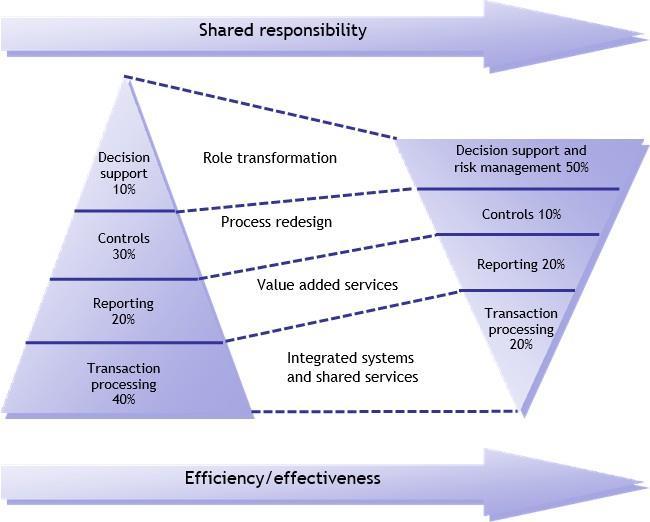
1 minute read
Financial data validation
If the adage of ‘Garbage-in Garbage-out’ is true, you should be looking to quality assure at both ends of the analysis process.
The internal auditor
Advertisement
Although the following definition of an internal auditor gives them a wider brief than you’re looking at in this guide, internal auditors have traditionally been associated with the validation of internal financial information. Here’s a quote taken from HM Treasury. In essence, internal auditors help their organisations to manage risks. They keep senior-level executives up to date on key questions such as whether risks have been identified and how well they are being managed. They deal with issues that are fundamentally important to modern organisations. They look beyond the narrow focus of financial statements and financial risks to consider wider issues such as the organisation’s reputation, its impact on the environment and the way it treats its employees.
The authority matrix
Most organisations have some sort of formal or informal ‘authority matrix’ relating to what decisions can be made and by whom inside the organisation. This matrix is often not given the thought it deserves. In difficult times authority often resides in too few individuals, thus creating bottlenecks and discontent. When times are more optimistic, these are relaxed and then spending may get out of control.
Task 1.3
Review the financial authority levels in your organisation. Note the impact of this on the validity of the financial data in your organisation.
Financial data authority level Impact on data validity
Note what these levels tell you about the approach to empowerment in your organisation.



